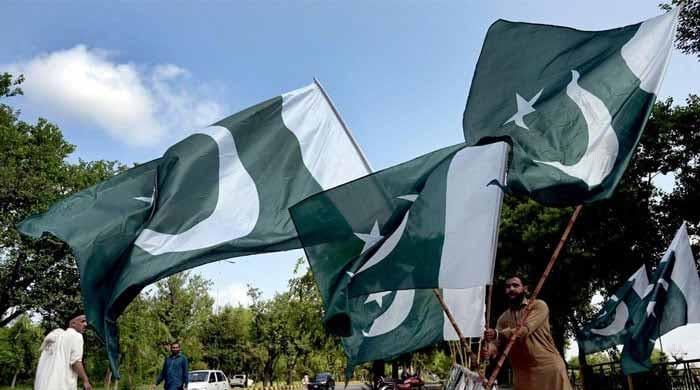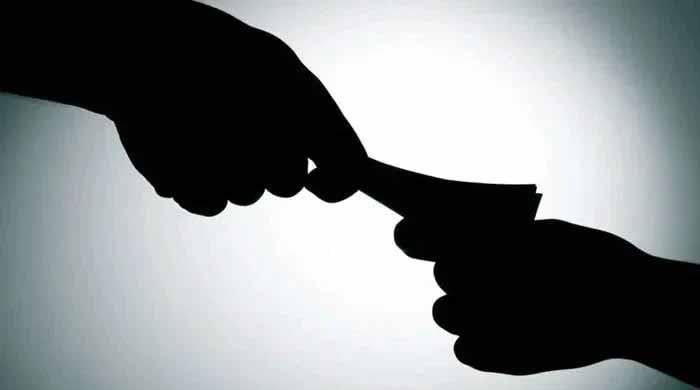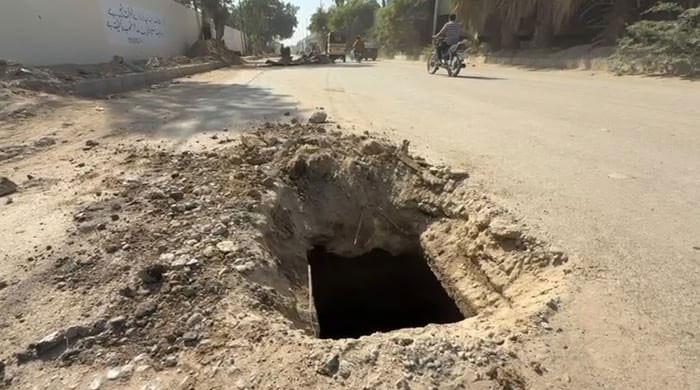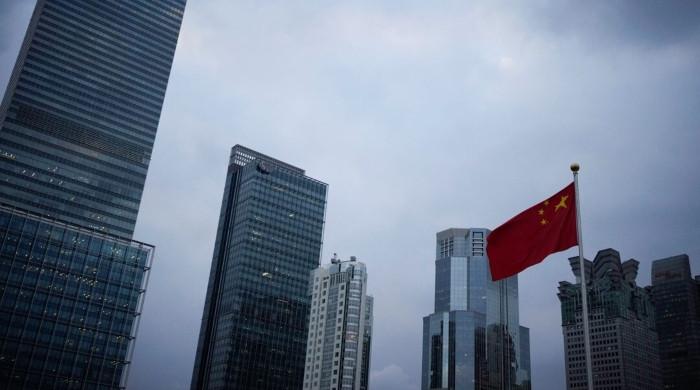Will the entire opposition march to Islamabad? Not likely
This month, Fazl insists, over a million people, including the opposition political parties, will march to Islamabad
October 03, 2019
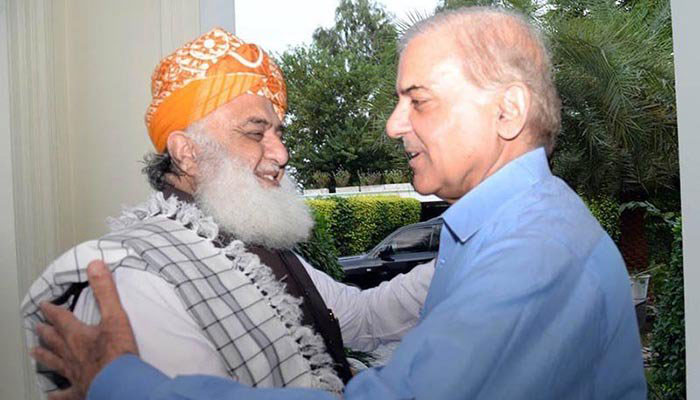
Since July, Maulana Fazlur Rehman, leader of his own faction of the Jamiat Ulema-e-Islam, has been threatening to lockdown Pakistan’s capital city, Islamabad, in a bid to oust the government from office. Imran Khan’s Pakistan Tehreek-e-Insaf (PTI), he says, has failed to control inflation and has placed “unqualified and incapable” people in power.
This month, Rehman insists, over a million people, including the opposition political parties, will march to Islamabad and paralyze it until the ruling party relinquishes control.
But that might be easier said than done. For now, it seems, two of the largest opposition parties are uncomfortable with the idea of an anti-government drive.
When on Tuesday Bilawal Bhutto Zardari, chairman of the Pakistan People’s Party, met Shehbaz Sharif, president of the Pakistan Muslim League-N, and the leader of the opposition in the parliament, questions were raised about the effectiveness of street agitation. Zardari reminded the seated politicians that the PTI in 2014 had staged a large-scale demonstration for 126 days, also in the federal capital. Back then, Sharif’s party was in power and Khan’s was the challenger.
“TV news channels showed the dharna (protest) live 24/7,” Farhatullah Babar, a senior leader of the PPP, recalls Bilawal Bhutto Zardari arguing, “The PML-N government may have been weakened by the protest but it was not ousted by it.”
The same sentiment was echoed earlier by Zardari as well. Last month, during a press briefing, he told reporters that his party will not join the long march, adding that while he will continue to provide the initiative moral and political support, “we do not see eye to eye”, he said in reference to Rehman.
Leaders of the PML-N agree that during the two leaders meet up this week, there were some disagreements. “We heard what they [the PPP leadership] had to say and we decided to move forward together, no matter how long that takes,” said a PML-N leader, who asked not to be named.
Raja Muhammad Zafar-ul-Haq, a senator from the PML-N, added that for now his party only wants the march to be pushed to November, as the public would be unwilling to come out this soon. “This is the religious month of Rabi ul Awal,” he told Geo.tv, “people have a lot of activities planned already. Then, there is the fear of the dengue virus.” The PML-N has suggested a new date for the protest, sometime mid-November, to which, Haq went on, Rehman seems flexible.
Even with a month’s delay, is the entire opposition really on board to remove a party that won with popular mandate and has only been in power for over a year?
In the past, attempts to cobble together a coalition have failed. Soon after the July ballot, the opposition parties were determined to thrash out a grand alliance against a “rigged election”. But that plan was soon abandoned. Then in July, when the opposition block tried to remove the PTI’s chairman from the Senate, Pakistan’s upper house, nearly nine senators, either from the PPP or the PML-N, voted against their own party defeating the motion.
Now, if the opposition is serious about a revolt, there is one, less strenuous option.
Hasil Khan Bizenjo, who was the opposition’s joint candidate for the chairman of Senate, told a news channel in July that de-seating the government was easy. “It can happen tomorrow if all the opposition in the parliament resigns, fresh elections will have to be called. But no one wants that.”
When asked if Haq agrees with Bizenjo, he said: “We haven’t decided the details of our future course of action as yet. But please don’t limit our anti-government drive to long marches alone.”





